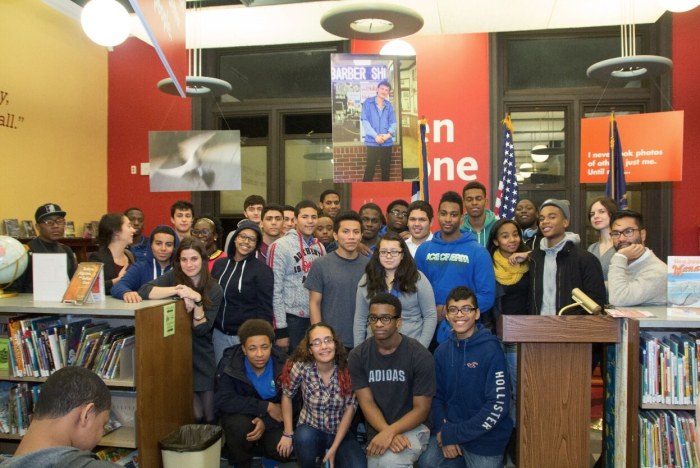Recommendation letters have always been a big part of the graduate school application process. Along with your transcripts, essays and standardized test scores, these letters provide admissions officers a window into your academic interests, job performance, and, ideally, your personality.
Students thinking about applying to graduate programs and fellowships in the fall should start thinking now about which professors they would like to ask to recommend them. Because writing detailed recommendations can be very time-consuming for faculty members, taking these simple steps can make the entire process go smoother for everyone.
1. Ask someone who knows you well
“My biggest tip is ‘make sure the professor really knows you,’” said Julie Dodd, a professor in the College of Journalism and Communications at the University of Florida. Dodd often blogs about jobs and internships on her blog “Thoughts on Teaching.”
“Even if you’ve been in a small class with a professor, that doesn’t mean that they know you,” she points out. Students should make it a point to go to office hours and participate in class, as both are great ways to both stand out and to also allow the professor to get to know you, which is particularly important at larger schools were a faculty member may be teaching hundreds of students a year.
It’s also a good idea to talk to your professors about your life outside of class. Don’t be shy about inviting a professor to a concert you are performing in or mentioning the play that you are producing. While they may not be able to come, extending the invite is a great chance to talk about your interests and goals.
Dodd recently recommended a student who had taken a class with her while he was a sophomore, yet made it a point to regularly stop by her office for two years afterwards. When he asked her for a job recommendation, “I was really invested in him,” she said. “I wanted him to get a job.”
2. Ask as early as possible
A good recommendation letter takes time to research and compose, so it’s important to be respectful of the faculty member’s schedule. Ask at least a month before your deadline, says Dodd, though earlier is always better. Keep in mind too that lots of students are also asking for letters and that the deadlines all tend to fall around the same dates.
“Sometimes it’s a matter of time,” said Dodd of why she sometimes has to turn students away. “They ask you right after another student asks, and you don’t have time to do them all.”
3. Ask in person
Schedule a meeting with your professor so that you can talk about the schools you are applying for, your goals, and why you want to go to grad school. Making a request for a recommendation over email or just after class can seem too casual and rushed.
Dodd adds that you should also tell your professor why you would like a recommendation from them specifically. “A key part of this is saying to a teacher why you want a letter from them. Saying something like, ‘I think as a student, you really saw me as a writer,’” lets the professor know why you requested them in particular.
4. Take no for an answer
You want your recommendations to be from people who are enthusiastic about you and your abilities. “Every letter you write is a reflection of you as a recommender,” said Dodd, noting that she’s also told students who were chronically absent or who missed deadlines exactly why she wasn’t able to assist them.
If a professor tells you that they are not the best person to write your letter, believe them and move on.
5. Provide all of the information they need
Make a folder with a copy of your resume, a list of all of programs you are applying too and a note with all of the classes you took with the professor with the semester listed.
6. Remember that you are asking for a favor
Writing letters while juggling a teaching schedule and other responsibilities is a time consuming process. Be sure to ask nicely and to send a thank you note when the applications are all in. (Also, be sure to let your instructor know which school you selected in the end. Don’t leave them wondering.)
Follow Lakshmi Gandhi on Twitter @LakshmiGandhi.



















